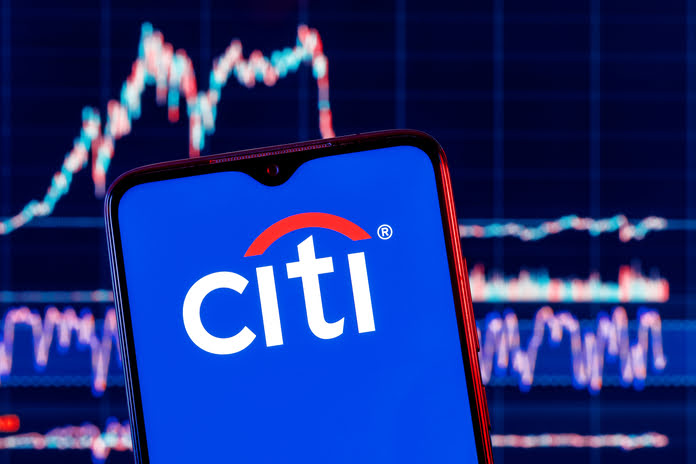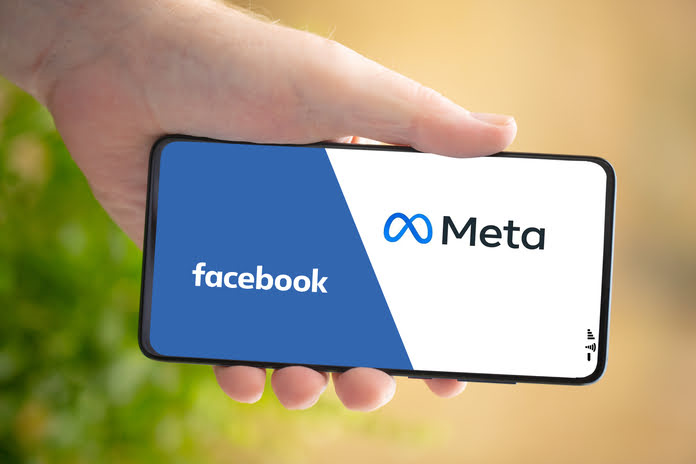Little has changed over time, yet Citigroup’s stock continues to underperform according to the market. The supply of Citigroup (NYSE:C) is wildly mispriced by the market, trading so much below tangible book value, even if the bank sector is facing a challenging economic environment in the middle of 2022. Citigroup (NYSE:C) has already weathered a dismal Q2. The investment thesis on the bank remains bullish.
Finances for the Future
Because of the big bank’s efforts to invest in technology to enhance risk mitigation and upgrade systems, Citigroup (NYSE:C) experienced an early decline this year. Compared to other companies in the same industry that can reduce costs, the market over-extrapolated this higher spending as a sign of weakness.
The vast bank increased spending by 14% in Q2’22 by hiring 7,200 additional staff members in the technology sector. The non-interest expenditures paid by Citigroup (NYSE:C) increased by 8% to $12.4 billion.
The fact that the U.S. economy might already be in a recession and the big bank did well in the quarter is the most pleasing aspect of the Q2 report. With revenues climbing 11% to $19.6 billion, Citigroup (NYSE:C) could offset the higher costs while maintaining a 63 % efficiency ratio.
If anything, the increased costs seemed to keep up with the robust business being driven by more vital net interest income, which increased by 10% QoQ alone to reach $12.0 billion. By the end of 2021, the bank employed 223K people. It finds it difficult to match JPMorgan Chase’s (JPM) productivity, which generates almost $130K in revenue per employee.
Following a $2.0 billion increase in the first half, the bank recently predicted a further rise in net interest income of $1.8 billion in the second half. The Fed recently lifted interest rates by 75 basis points, and these higher interest rates will aid in offsetting the rise in technology and credit expenses.
The market anticipates further profit weakness, partly due to rising credit expenses, although Citigroup (NYSE:C) is still expected to surpass an EPS of $7. Despite the known and anticipated economic difficulties, the loathed bank is anticipated to generate $13.5 billion in annual profits.
Buybacks Will Return
Regulators are the real issue plaguing Citigroup (NYSE:C) and the colossal bank companies, as they impose more and more limitations on the company at the worst possible time. The capital ratios are always raised just when the big banks should be buying dirt cheap shares because of the effects of the financial crisis still being felt today.
Despite the stock currently trading at under $51.90, Citigroup (NYSE:C) has a tangible book value, or TVB, of $80.50 per share. Regulators have forced Citigroup (NYSE:C) to increase the CET1 ratio to 11.9 %, but the bank still lacks sufficient capital. Thus, the vast bank should buy shares considerably below TVB in this situation.
The Stress Capital Buffer was increased by regulators from 3.0 % to 4.0 %, bringing the regulatory CET1 minimum for October 2022 up to 11.5 %. Although Citigroup (NYSE:C) is already up 11.9 %, the bank doesn’t have much cushion at this point.
Furthermore, the GSIB surcharge will rise from 3.0 % in January to 3.5 %. When the actual minimum requirement is merely 4.5 %, Citigroup (NYSE:C) will suddenly be forced to maintain a CET1 ratio of 12.0 %. Additionally, management aims to increase the internal buffer by 100 bps, bringing the CET1 targets to 13.0 %. For Citigroup (NYSE:C) to resume stock buybacks, the capital ratio must be raised by 110 basis points.
These figures are absurd for Citigroup (NYSE:C) or any bank to have 7.5 % extra capital than the required minimum currently. In the worst financial scenario unlikely to materialize in the next 100 years, Citigroup (NYSE:C) achieved the minimum CET1 ratio of 9.0 % in the most recent CCAR.
That equates to a 4% dividend yield that will still be paid by Citigroup (NYSE:C). In the end, the big bank will have plenty of capital, and stock buybacks will start again soon enough. Future lowering capital requirements for the bank should boost it further. The extra money is still present even if it cannot be used.
Takeaway
According to the main investor takeaway, Citigroup (NYSE:C) shouldn’t trade significantly below tangible book value (NYSE: C). The bank makes significant profits. Thus, any decrease in stock buybacks during the following year will strengthen the capital position of the enormous financial institution, allowing it to weather any economic downturn easily and prosper. Investors should take advantage of any flaws to purchase the shares well below tangible book value.
Featured Image: Megapixl @Selagin















